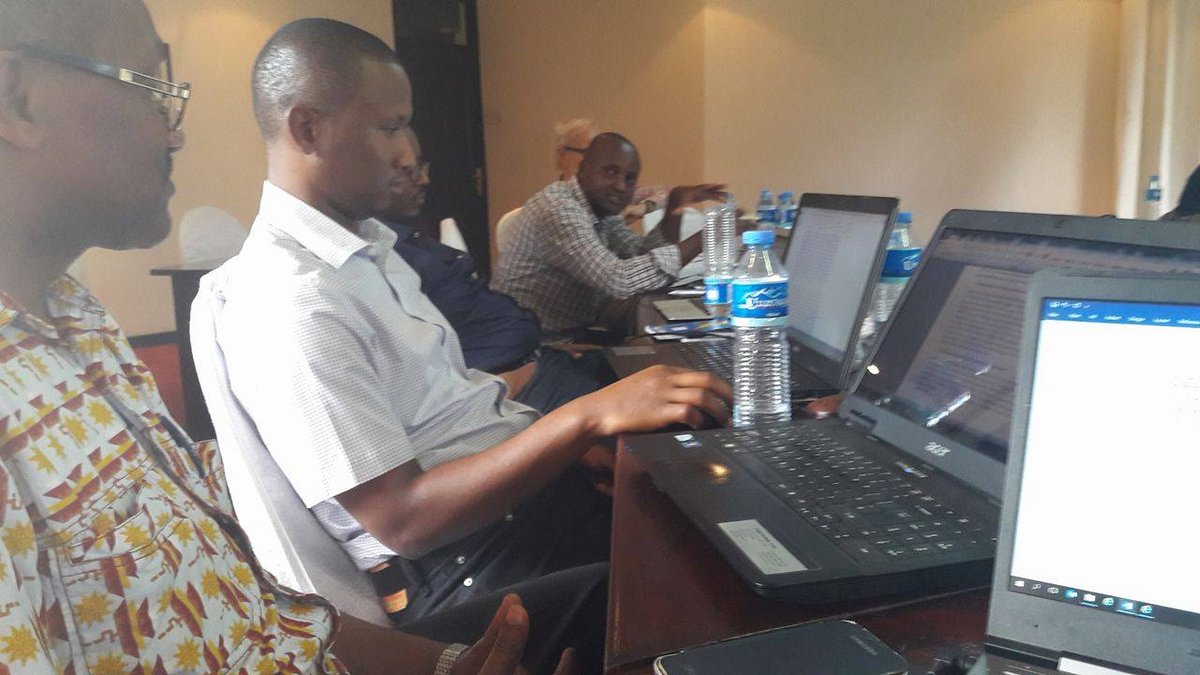Tax Expenditure Bargains in Religious Co-production in Tanzania
Faith Based Organisations (FBO) coordinate the operations of some 40% of health and more than a quarter of all education service outlets in Tanzania (URT, 2015). FBOs provide social services by virtue of formalised compacts with the state involving various kinds of exchanges, including grants and subsidies (Balati, 2015), and tax expenditures – for example, exemptions, deferrals, deductions, reliefs, and credits. Policy debates in such areas have centred on whether to directly tax such organisations to equip the state, or to tax the state (through tax expenditures) to further strengthen religious co-producers. Proposals to reform the taxation of FBOs have twice failed to be approved by the parliament since 2009 (Kimboy, 2016; Mwamunyange, 2009). The political settlements literature (Khan 2010; Kjaer, 2015) contends that the extent to which non-state actors are able to influence policy priorities depends on their relative bargaining powers. If this is indeed the case, then successful bargaining by FBOs is all the more impressive given increasing debate on the relative affordability and accessibility of services reportedly provided by FBOs (Jingi, 2015; Zakaria, 2016).
This study aims to examine how the Tanzania government and FBOs interact to manage tax expenditures in the domestic tax policy network. Firstly, this is done by exploring the complex web of tax relationships in Tanzania; secondly, by considering the network management strategies actors employ in their attempt to achieve their organisational or broader network objectives in game and network settings.
To examine FBO tax policy networks in Tanzania, this study reviews policy documents and secondary literature. To understand the management of tax expenditures, the study explores in-depth interviews with key tax policy network actors to focus on possible explanations. Interviews also explore strategic interactions of key actors in explaining the government’s attempts to reform the taxation of FBOs in the period 2009–2017.
The result will be an empirically grounded account of the political and practical complexities involved in managing FBO tax expenditures in a poor developing country. Preliminary observations suggest that the management of FBO tax expenditures is a process steeped in history rather than a cross-sectional event. Interviews reveal that important actors in the FBO tax policy network are guarded about the nature, frequency, and efficacy of interactions with others.

